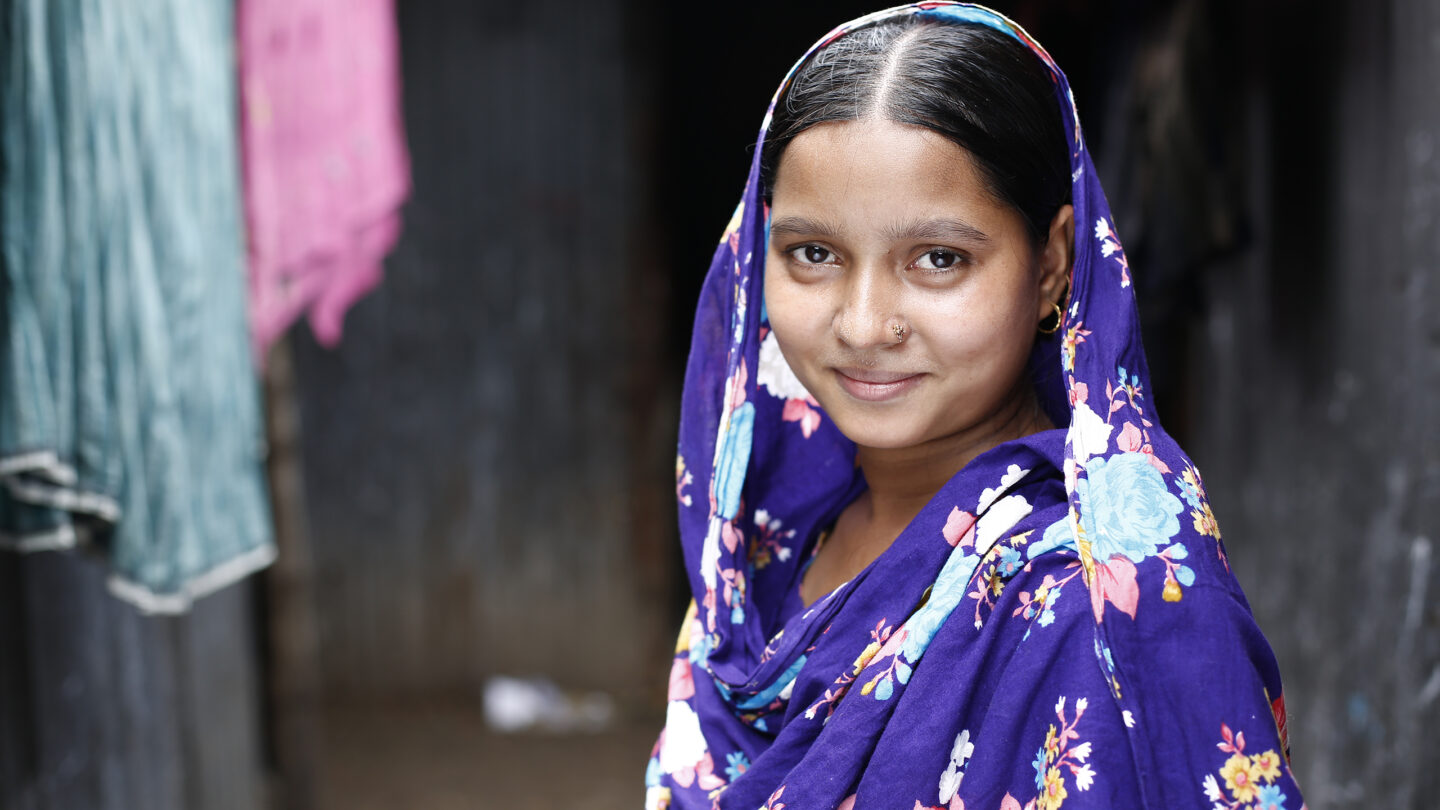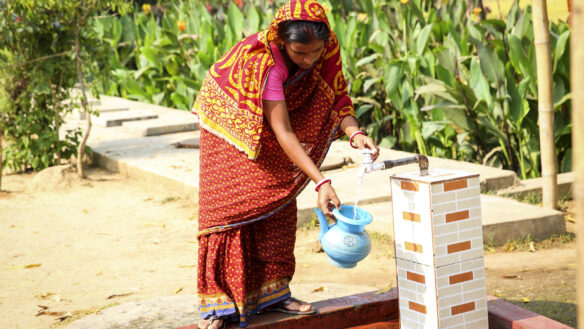After seeing successful progress from the project, the government of Bangladesh has decided to allocate additional funds to Dhaka City Corporations by building 145 more public toilets. The project provided an opportunity for making a huge impact in public sanitation services as it promoted a new public-private partnership model for renovation, management and supervision of public toilets.
The perception and use of public sanitation has changed in Dhaka, through this project. The mayors of both Dhaka North and South City Corporations have publicly declared their support of this initiative and are now able to drive the work on their own. The level of public interest, media attention, and government backing has also resulted in the model being replicated in the cities of Chittagong, Khulna and Sylhet, reaching a wider urban population.
“The public toilets that were built with support from the H&M Foundation has changed the lives of millions of people in Dhaka. But the most important result is putting sanitation at the top of the political agenda in many cities, with local authorities committing to building an additional 200 public toilets after the same model.”
Cecilia Martinsen-Chatterjee, Chief Executive of WaterAid Sweden
“Everyone talks about the toilet”
Abul Hossain is a 48-year old shopkeeper who works and lives in the area. Life has always been difficult because of the scarcity of water and the lack of sanitation facilities. His working area used to be extremely polluted with thousands of people who used to urinate in the streets or in a nearby drain.
“When I discovered that this new toilet had been built I was astonished. Everyone here talks about the toilet,” he says. One day when Abul came to the toilet, there were some volunteers there who started talking to him. “I’m a very low income person and I had never received such respect and care while someone explained about hygiene. For the first time in my life I understood hygiene is very important. I’ve never washed my hands because I had no idea how to press the button of the liquid soap container. A young boy taught me how to wash my hands properly and showed me the machine I never used before.”
“I had never received such respect and care while someone explained about hygiene. For the first time in my life I understood hygiene is very important.”
Abdul Hossain
As people visit the facilities and talk to the volunteers, the good practices spread; “I’ve now also taught my children these habits, and my wife has visited the toilet as I told her about the security of this place. We want a clean city – I don’t want to urinate in the drain while girls of my daughter’s age pass by. The surroundings of this place have changed, as well as our lives,” says Abul.

